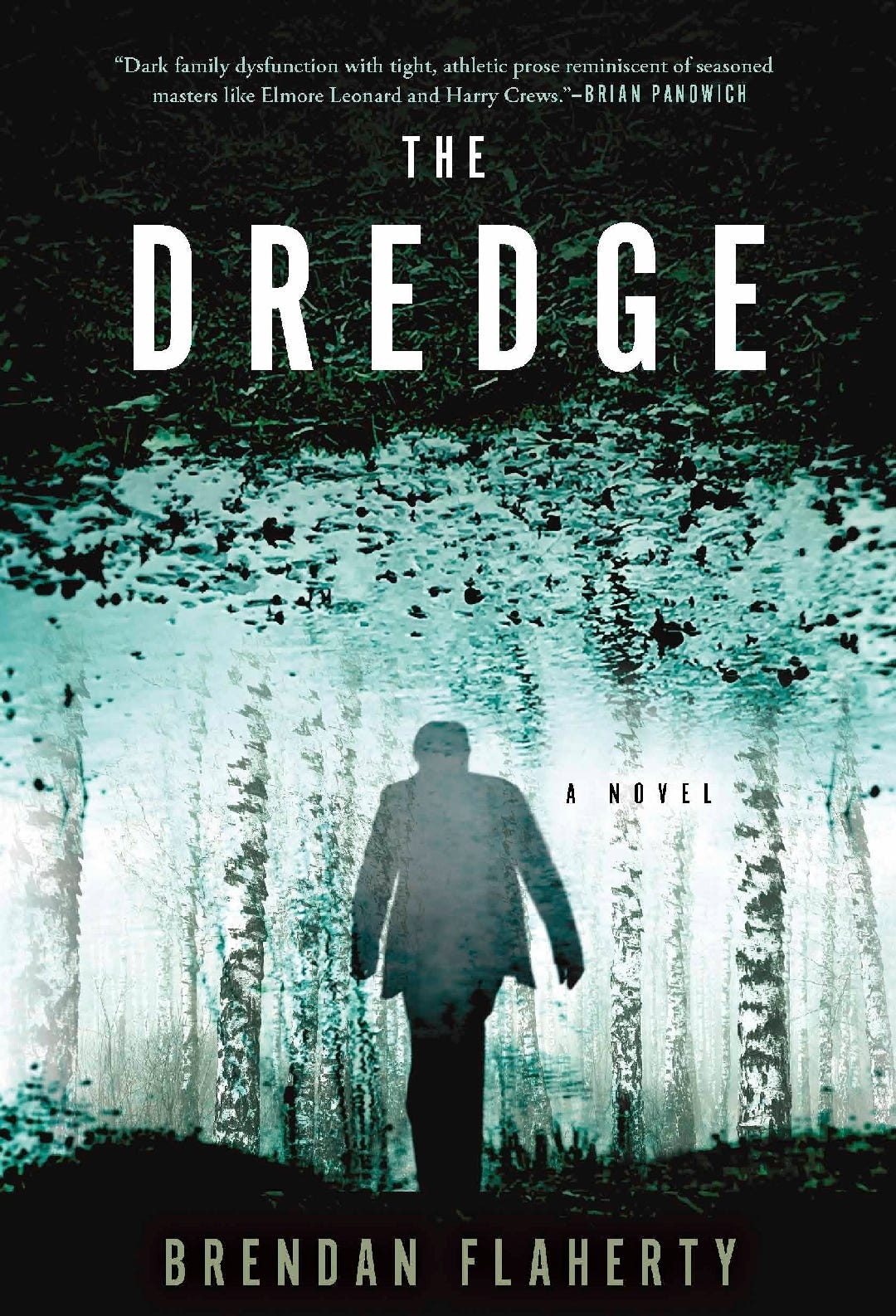Two estranged brothers are forced to come together when the skeletons of their pasts are threatened to get exposed by a corrupt real estate man who decided to dredge an old pond in rural Connecticut. Cale Casey ran away to Hawaii and became a real estate agent after a traumatic incident in their teens. His brother Ambrose Casey decided to stay back and hold the fort by starting a construction business. Lily Rowe, a past crush of Cale and the contractor who is in charge of dredging, is in search of answers but has her secrets to protect. Harvey, a retired police officer, incapacitated by a stroke, is on a last effort to solve the only mystery that he couldn't yet solve.
In his debut novel 'The Dredge', writer Branden Flaherty weaves around a jigsaw puzzle made up of human emotions. In the book, we find three characters haunted by their traumatic pasts who are threatened by a reveal that could upset their present, which they have built with much suffering and travail. The psychological thriller explores how childhood trauma shapes people's lives. It also ponders themes like memory, grief, forgiveness, and family dynamics. The novel portrays a vivid depiction of small-town life in the US. One important plot device is how everyone knows each other intimately and how difficult it is to keep secrets in such a place.
The novel alters between the points of view of different characters, mostly Cale, Ambrose, and Lily, and sometimes Kate and Joan, who turn pivotal to the plot. In most of the chapters, the narration begins in the present and quickly goes back to the past as the character starts reminiscing or recounting past events. This aspect was handled very ably by the writer, and this constant to-and-fro journey from present to past from different characters' points of view gives the plot a unique momentum.
More than the plot, a factor that decides if a story is good or not is how the information is disbursed while storytelling. Here, we find that the writer measures out how much the readers should know about the secrets in the plot at any point and disburses exactly that much so that they are always on their toes. Although we get an overall idea of what may be the secret that's buried in the pond, the writer introduces a few other plot points that make the revelation a lot less important than our curiosity to know how the characters take it. This was also crucial to my enjoyment of the novel.
Though I loved 'The Dredge' for its pace, good psychological depiction of characters, and interesting narration style, I still feel that there was much more to explore. Reading it felt me unsatisfied, and I felt more like I'd read a condensed edition of the book by Reader's Digest. Still, the novel is worth a read for all the better qualities it possesses.





